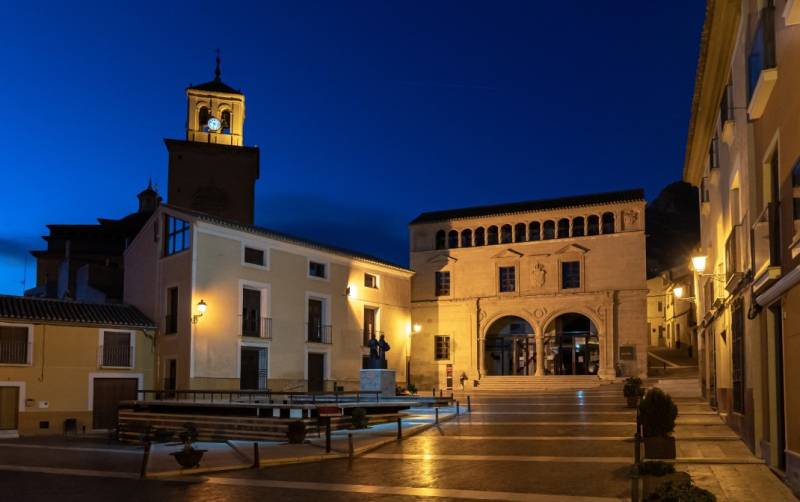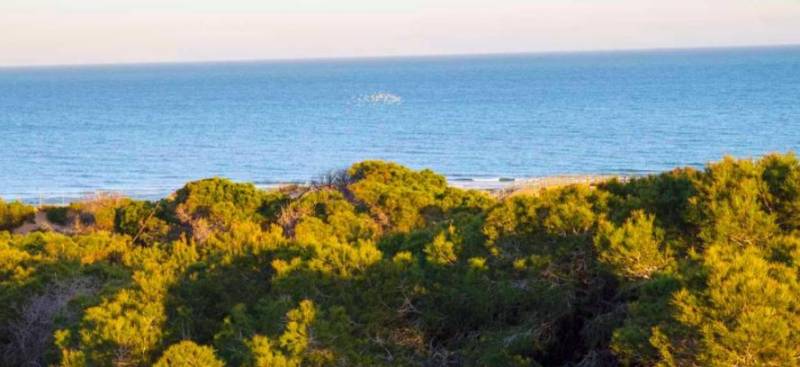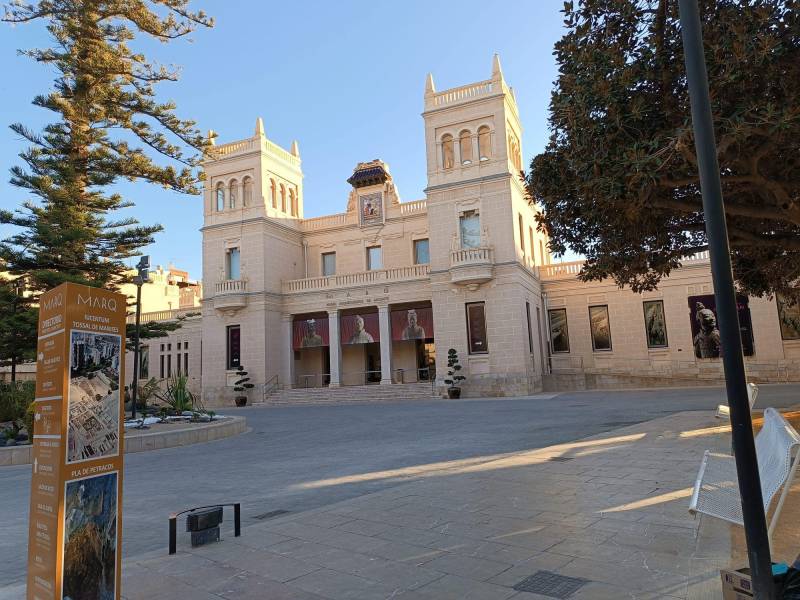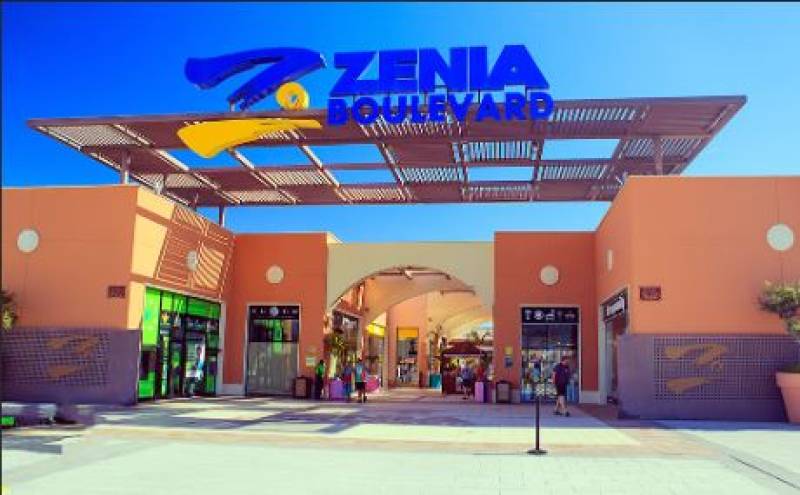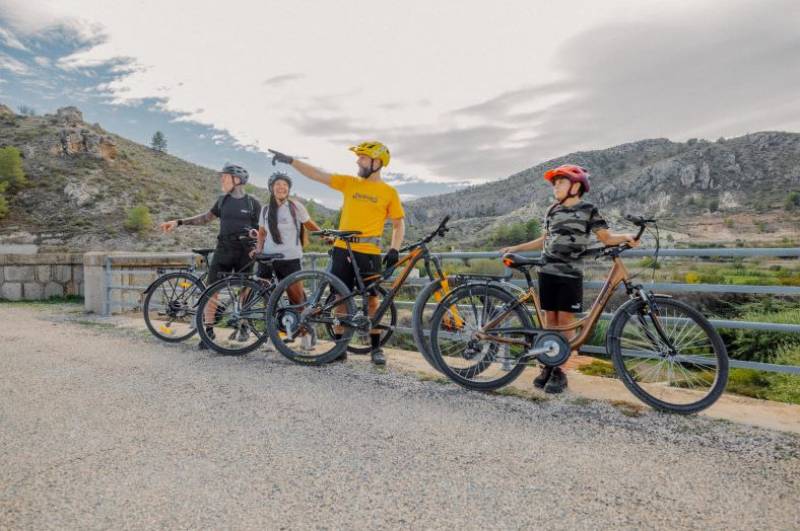- Region
- Vega baja
- Marina Alta
- Marina Baixa
- Alicante
- Baix Vinalopo
- Alto & Mitja Vinalopo
-
ALL TOWNS
- ALICANTE TOWNS
- Albatera
- Alfaz Del Pi
- Alicante City
- Alcoy
- Almoradi
- Benitatxell
- Bigastro
- Benferri
- Benidorm
- Calosa de Segura
- Calpe
- Catral
- Costa Blanca
- Cox
- Daya Vieja
- Denia
- Elche
- Elda
- Granja de Rocamora
- Guardamar del Segura
- Jacarilla
- Los Montesinos
- Orihuela
- Pedreguer
- Pilar de Horadada
- Playa Flamenca
- Quesada
- Rafal
- Redovan
- Rojales
- San Isidro
- Torrevieja
- Comunidad Valenciana
article_detail
Date Published: 10/10/2022
ARCHIVED - Spain holiday apartments may start charging extra for air conditioning
Popular Spanish vacation resorts like Benidorm are considering making tourists pay extra to use air conditioning
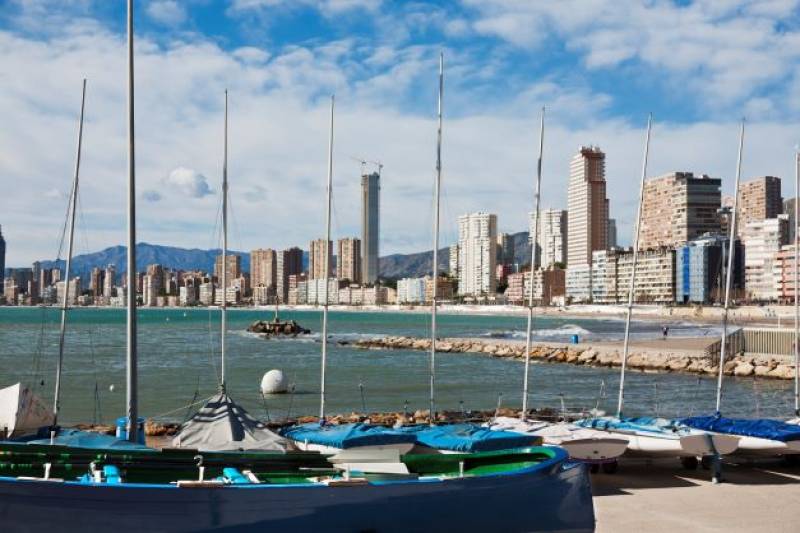
The Association of Tourist Apartments of the Valencian Community (Aptur) has come up with a series of proposals to help the owners of tourist apartments and holiday rentals like Airbnbs spend less in the current climate of rising energy costs, including physically limiting the temperature to which renters can lower the air conditioning and charging an extra fee on top of the rental price.
This comes as tourists, especially those in the Costa Blanca areas of Benidorm and Torrevieja, are being accused of putting the air conditioning on as low as 18ºC/64ºF and leaving it on 24 hours a day, costing the owners of these holiday apartments thousands of euros as well as having a seriously negative effect on the environment.
Now, Aptur president Miguel Ángel Sotillos is banking on technology offering a lifeline to struggling property owners who rent apartments out to tourists: “Measures are being considered to limit energy expenditure”.
These measures include smart systems that would allow homeowners to “block” the maximum and minimum temperature at which an air conditioner or heating appliance can be set, so that they cannot be altered by tenants. The Spanish government itself already decreed at the beginning of the summer that, as a measure to fight the energy crisis (and which would also contribute to combatting the climate crisis), air con in public buildings cannot be lower than 19ºC and non-essential lighting must be turned off after 10pm.
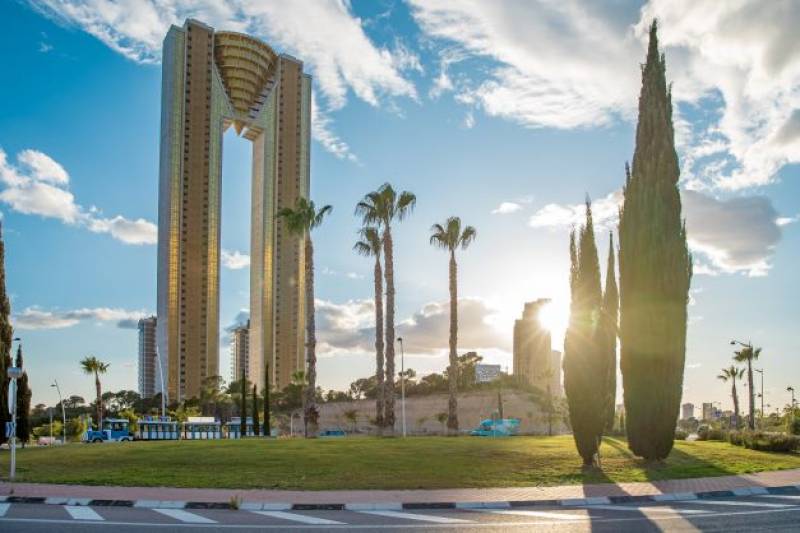 Other suggestions for private holiday lets on the Costa Blanca include only allowing the air con to be turned on at certain times and installing presence detectors in the apartments so that appliances only turn on when someone is inside.
Other suggestions for private holiday lets on the Costa Blanca include only allowing the air con to be turned on at certain times and installing presence detectors in the apartments so that appliances only turn on when someone is inside.“This summer there have already been companies that have sold air conditioning as an ‘extra’ service in tourist rentals,” said Sotillos. In other words, if “a client wants to use it, they will have to pay for it separately, as is already the case with other services such as hotel safes, for example… right now there is a lot of technology that allows us to do all this”.
The proposals will come as worrying news to holidaymakers, who are already having to contend with rising costs that are making holidaying abroad ever more expensive, with everything going up in price from plane tickets to car hire.
This summer, the Costa Blanca received six million foreign tourists, and the results of a recent survey suggest that over half of those would come back again next year. But if they are priced out of the market by holiday home landlords who are perceived to be greedy and charging too much, they will choose somewhere else to go on holiday.
This is the main argument against introducing a tourist tax in Valencia, which would charge tourists a surplus of 1 euro or more for every night that they stay in an Airbnb or hotel and which has met with fierce backlash.
But those who own the apartments that they rent out to tourists can see no other option than to start charging extra. As Sotillos explains: “There are businesses whose electricity bills have doubled this summer, and there are those who have paid three times more.”
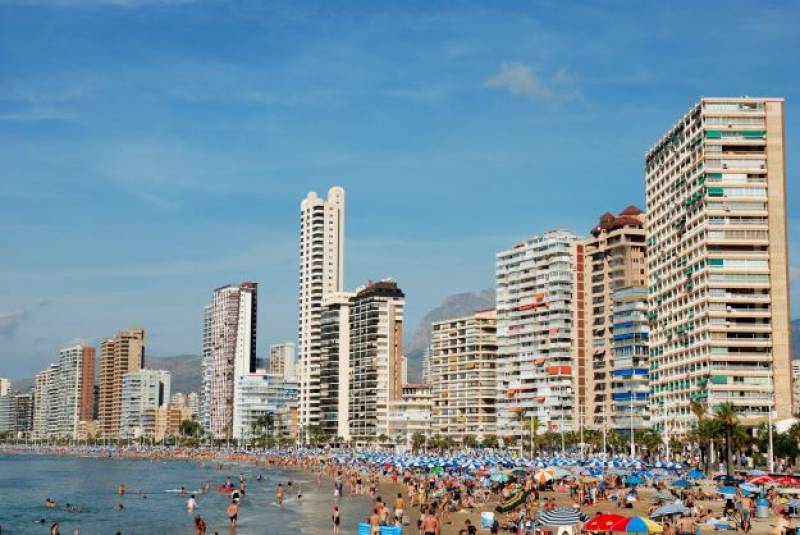 For the average 55m2 flat, property owners used to pay between 60 or 80 euros per month for their energy bills, and now the average is between 200 and 240 euros. “This expense eats into the profit and is a very important part of the costs,” said Sotillos.
For the average 55m2 flat, property owners used to pay between 60 or 80 euros per month for their energy bills, and now the average is between 200 and 240 euros. “This expense eats into the profit and is a very important part of the costs,” said Sotillos.For now, though, he says that most apartments in the tourist sector are willing to wait before upping their prices, although they don’t know how long they will be able to cope if costs keep rising. “At the moment the supply will not disappear, but everything will depend on market prices. If costs are not covered or nothing is earned, there will be those who will consider not renting some of the holiday homes.”
If that were the case, a lack of supply could increase prices even further. However, there is hope for the tourist sector to actually benefit from the energy crisis, in a way, as they are setting their sights on the Central and Northern European market this winter.
Rising energy costs are affecting all countries and those in the north of Europe are no exception. In Germany, for example, it’s already been suggested that if it ends up being a very cold winter and people can’t afford to heat their homes, they will be paid by the German government to spend the coldest months in warmer climes, such as sunny Spain. This prospect has the tourist sector in Benidorm and the rest of the Costa Blanca dreaming of a golden winter season.
Images: Archive
staff.inc.ali
Loading
Sign up for the Spanish News Today Editors Roundup Weekly Bulletin and get an email with all the week’s news straight to your inbox
Special offer: Subscribe now for 25% off (36.95 euros for 48 Bulletins)
OR
you can sign up to our FREE weekly roundup!
Read some of our recent bulletins:
Discount Special Offer subscription:
36.95€ for 48 Editor’s Weekly News Roundup bulletins!
Please CLICK THE BUTTON to subscribe.
(List price 3 months 12 Bulletins)
Read more stories from around Spain:
Contact Murcia Today: Editorial 000 000 000 /
Office 000 000 000










